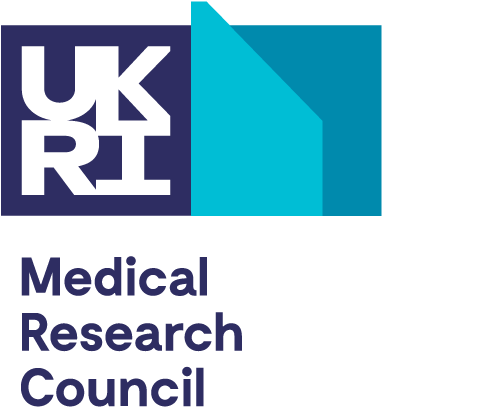Apply for MRC CoRE funding to tackle complex and interdisciplinary health challenges.
You must be invited to apply for this stage of the funding opportunity.
MRC funds research at the forefront of science to prevent illness, develop therapies and improve human health.

Apply for MRC CoRE funding to tackle complex and interdisciplinary health challenges.
You must be invited to apply for this stage of the funding opportunity.
Apply to the Developmental Pathway Gap Fund (DPGF) to generate critical preliminary data and de-risk your development strategy for a new medicine, medical device, diagnostic test, or other medical intervention.
You must be based at a research organisation eligible for Medical Research Council (MRC) funding.
Medical Research Council (MRC)
Polaris House,
North Star Avenue,
Swindon,
SN2 1FL